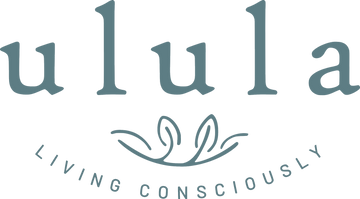As a producer of biodynamic baby food and the oldest producer with a Demeter license agreement, Holle are aware of their high responsibility towards people and the environment.
Infants have physiological peculiarities, which in turn make special demands on nutrient intake. Especially for the infant in the first year of life, a high proportion of saturated fats in the infant milk formula for healthy development is necessary. The infant milk formula is based on the model of breast milk containing 51% saturated fatty acids.
Therefore, mixtures of various vegetable oils are generally used for infant formula. Palm oil is the oil from the pressed pulp of the oil palm. This oil is an integral and important component of Holle infant dairy foods.
Most vegetable oils consist predominantly of monounsaturated or polyunsaturated fatty acids. There are very few vegetable oils that contain high levels of saturated fat that are adequate for baby food. Among these, palm oil occupies a special position, as the other oils in question contain undesirable components. In order to map the palmitic acid present in breast milk, palm oil is very suitable.
Palm oil, together with rape and sunflower oil for Holle, is therefore an indispensable component of the fat blend that Holle use for the production of infant milk formulas.
Replacing palm oil with coconut oil is not recommended because of the fatty acid pattern alone, as it contains too much lauric and myristic acid. Another disadvantage of coconut oil is that it foams more and can lead to increased bloating in the child. Palm oil, on the other hand, is much more compatible with many children, mainly due to the fact that breast milk contains palmitic acid itself. Native oils such as rapeseed and sunflower oil contain predominantly unsaturated fatty acids and are not suitable for use in baby food.

http://holle-nachhaltigkeit.ch/palmoel_in_der_saeuglingsmilchnahrung/


